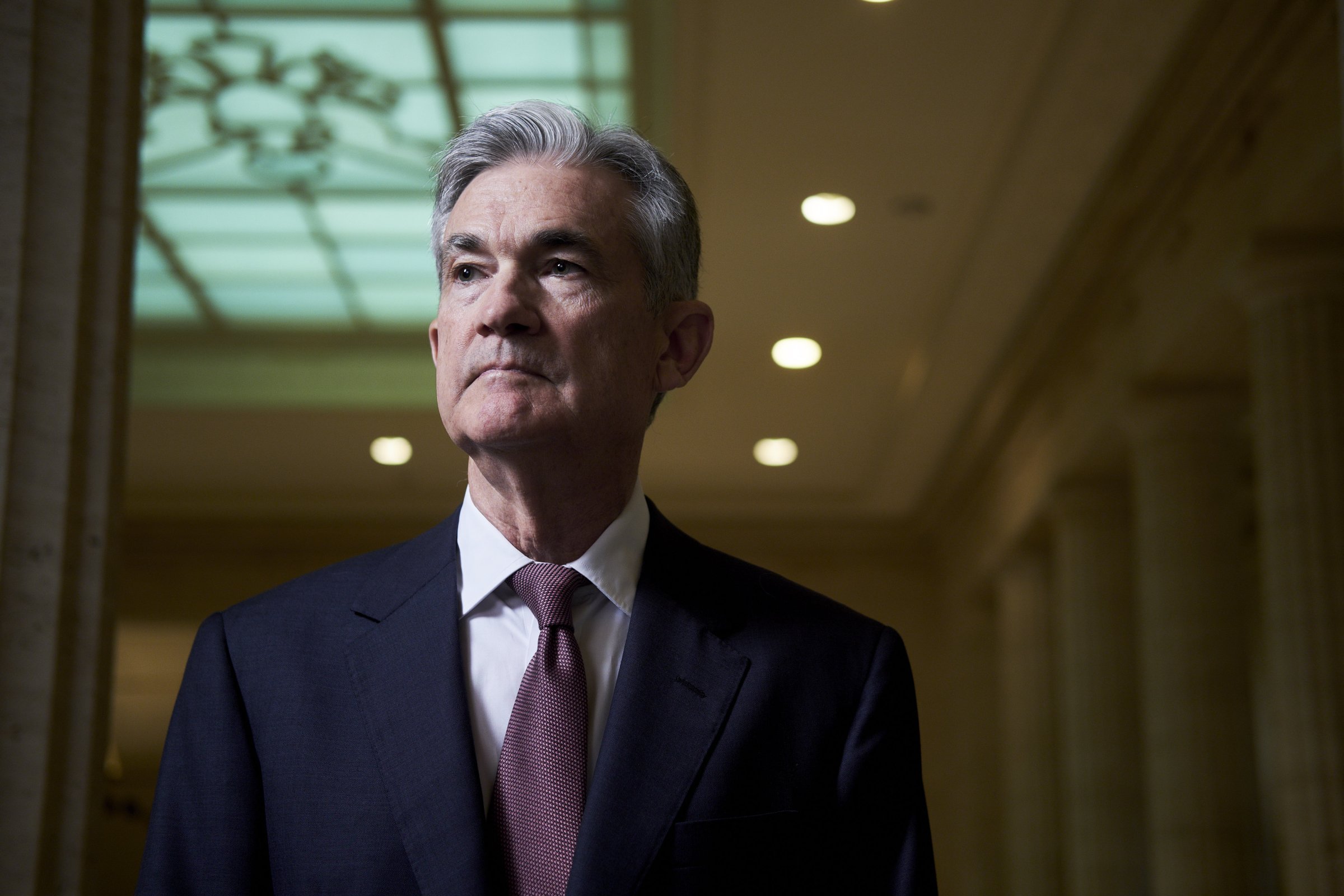
Thirty years ago this week, while the world was still wondering whether the worst stock-market crash since 1929 would lead to a 1930s-style economic bust, I wrote a column in the Wall Street Journal with the headline “A Silver Lining to the Crash?”
I mention it not only because it’s one I got right (I am less likely to remember those I got wrong) but also because it points to an important parallel between then and now. Alan Greenspan was new at the Fed, having followed the legendary Paul Volcker, slayer of inflation. The markets were nervous that the new Fed chief might let inflation return. The crash punctured the markets’ inflationary fears and cleared the way for an easier monetary policy and a healthier economy.
President Donald Trump is on the verge of appointing a new Fed chief. It’s a curious job–overseeing a sleepy organization whose main task is contemplating minuscule changes in an obscure interest rate. Yet the Fed plays an outsize role in maintaining economic confidence, and economic confidence is critical to growth. It’s important to get it right.
The good news is that the candidates are all competent, with varying degrees of expertise. Recent history has favored economists for the job, which would point to the current chair, Janet Yellen, or Stanford economist John Taylor. But Trump has a demonstrated preference for those who’ve achieved business success, giving an edge to Gary Cohn, Kevin Warsh and Jay Powell. Cohn crossed Trump over the Charlottesville riots, and Warsh has a known preference for tighter policy, so I’d put my money on Powell as the likely choice.
If I’m right, odds are high that he–like Greenspan–will face a financial crisis early in his term. His experience and temperament make him well suited for the challenge. But it’s a test unlike any other he’s faced, with the nation’s prosperity at stake. This one matters.
More Must-Reads From TIME
- The 100 Most Influential People of 2024
- Coco Gauff Is Playing for Herself Now
- Scenes From Pro-Palestinian Encampments Across U.S. Universities
- 6 Compliments That Land Every Time
- If You're Dating Right Now , You're Brave: Column
- The AI That Could Heal a Divided Internet
- Fallout Is a Brilliant Model for the Future of Video Game Adaptations
- Want Weekly Recs on What to Watch, Read, and More? Sign Up for Worth Your Time
Contact us at letters@time.com